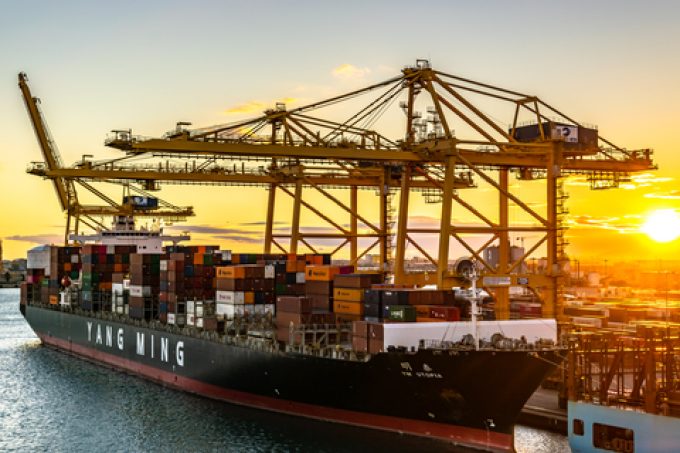Shipping lines are sub-letting tonnage to profit from firm charter market
Charter rates continue to defy the freight market, with HMM sub-letting a chartered vessel to ...

Yang Ming’s conservative containership fleet expansion has seen the Taiwanese operator slip down the liner ranks.
In 2020, at the start of the Covid-fuelled boom, Yang Ming was the eighth-largest box line. Now it is overshadowed by peers that embarked on aggressive programmes of newbuilding orders ...

Comment on this article